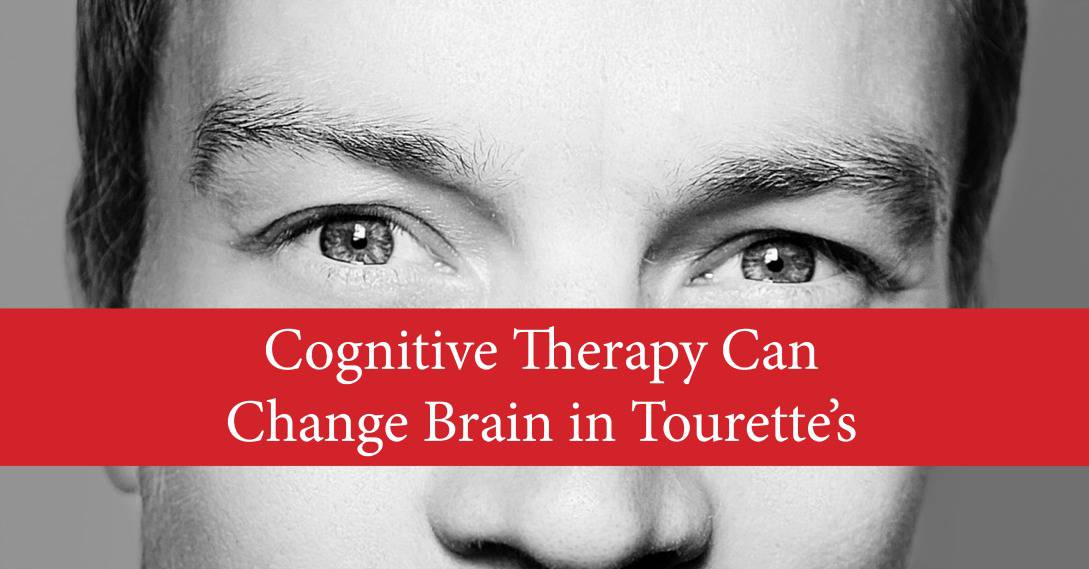Tics, Strep, Allergies, and Magnesium Deficiency
MARY ANN BLOCK, DO, PA
Dr. Mary Ann Block is Medical Director of The Block Center, an international clinic for the treatment of chronic health problems in children and adults. She is an expert on the treatment of ADHD without psychiatric drugs. Her approach is to look for and treat the underlying problem instead of covering the symptoms with drugs.
Checking for strep in Tourette syndrome
Before any knowledge about PANDAS and the strep connection, I was having good results treating Tourette syndrome symptoms with the use of magnesium injections and by neutralizing allergies. Yet knowledge of the medical condition PANDAS (Pediatric Autoimmune Neuropsychiatric Disorder Associated with Strep) opened additional doors for me to help uncover an underlying cause of Tourette syndrome symptoms in many of my patients. For the past few years I have been testing for strep and adding antibiotics to the treatment plan when needed, and the overall success has improved even more.
It’s a funny thing about medicine. If you don’t test and look for something, you will never see it. Once I began testing for strep, I found it in a large part of my patient population. I typically use two blood tests: Anti-Strep Antibodies (ASO) and DNAse-B Antibody (D-NASE). Positive D-NASE results can reflect that the person has had strep for a longer period of time, though it is not specific about how long. If only ASO levels are elevated, it may reflect a current infection that needs only short-term treatment.
It is important to retest for the antibodies while the child is still taking the antibiotics to see if the antibodies have normalized. It can take months to treat. If they do not improve, it may be necessary to remove the tonsils but this must be done by an ENT who understands how important it is to get as much of the tonsil tissue as possible. It is sometimes necessary to try different antibiotics if one does not work. Of course, the patient must take plenty of probiotics while on antibiotics and for 6 months afterwards.
I would prefer to eliminate tic symptoms with magnesium injections and/or allergy treatment, as long-term antibiotics create their own problems. But sometimes it is necessary to use antibiotics.
Many children who come to my clinic with behavior problems and difficulty focusing, as well as children diagnosed with tic disorders or autism, tested positive for strep infections.
Magnesium injections for reducing tics
I remember a young woman whose tics were focused in her abdominal muscles; they went into spasm almost constantly. She had been told that she should not become pregnant, as the tics would cause her to miscarry the baby. Giving her magnesium injections stopped her tics completely. She took the injections for several months, while taking oral magnesium as well. The woman notified me a few years later and told me she was the mother of a healthy baby.
Magnesium relaxes muscles. Taking it orally might be helpful, but when magnesium is taken orally, we can’t be sure of how much magnesium is being absorbed by the body. Too much oral magnesium can cause diarrhea, in which case the oral dose will not be well absorbed. I use injectable magnesium because I can know exactly how much is being put into the body. Since it is not going through the intestinal tract, it is not as likely to cause diarrhea.
Another source of magnesium is Epsom salt, which is magnesium sulfate. It is inexpensive and can be put into the bath water. Soaking in an Epsom salt bath allows magnesium to be absorbed through the skin. It will not be as beneficial as an injection, but it might help with relaxation.
Magnesium is such an important mineral. It is needed in over 350 biochemical pathways. In my practice, injectable magnesium has helped reduce symptoms of asthma, migraines, depression, anxiety, insomnia, reflux, blood pressure, cardiac arrhythmias, menstrual cramps, any muscle cramps, stuttering, focus and concentration. It is also considered a useful intervention to reduce the risk of heart attack.
Many who have been diagnosed with Tourette syndrome also receive other psychiatric diagnoses, such as ADHD, depression, or anxiety. Injectable magnesium may help improve those types of symptoms as well for some people. The mechanism of action for the positive effect of magnesium on the symptoms of Tourette’s is presumably from its ability to relax muscles.
Neutralizing allergic reactions
Neutralizing allergies can also relax muscles. Allergy cells, called mast cells, are found in every organ in the body. Just as an allergic reaction can cause bronchioles to spasm causing asthma, an allergic reaction can cause a spasm in any area of the body.
I like to use provocation/neutralization allergy testing and treatment for several reasons. You can often see actual changes in an individual as they occur during the testing process. Also, the treatment works immediately. There is no waiting 3 to 5 years to find out if the allergy treatment will be effective, as occurs with conventional desensitization allergy treatment. Neutralization is safer, too. Because desensitization requires a constant increase in dose, serious side effects can occur with its use. With neutralization, the therapeutic dose stays the same until future testing is done, so there is no danger.
A video clip of an allergy reaction and neutralization
An example of provocation/neutralization allergy testing for focus and behavior can be seen below:
With Tourette syndrome, as well as any other condition, it is always important to try to find the underlying cause of a problem and fix it, rather than just covering symptoms with drugs.
Dr. Block is the author of the top-selling books, No More ADHD, No More Ritalin and No More Antibiotics: Treating Ear and Respiratory Infections The Natural Way, Just Because You’re Depressed Doesn’t Mean You Have Depression, The ABC’s of Raising Great Kids and Today I Will Not Die. See The Block Center for more information.
Dr. Block chairs The Health and Empowerment Committee for The National Foundation for Women Legislators, and has served as a peer reviewer for the Agency for Health-Care Policy and Research and the American Academy of Pediatrics for the diagnosis and treatment of ear problems.










My son’s Tourette Syndrome started when he was four years old. It continued to worsen with symptoms such as jumping, head jerking, and constant eye rolling. He could not have a bowel movement, experienced severe fatigue, and many other conditions such as executive function problems, sensory integration, and OCD. Six years ago we found Environmental Medicine and had significant improvements. It became apparent that we needed a doctor that understood his condition and has more treatments available. Dr. Block expanded my son’s treatment protocol with great success. She offers many options for treatment not only medically but also with sensory integration treatment is available. I would highly recommend Dr. Block for treatment of this very complex disorder!
Where does Dr Block see patients ?i am in Melbourne Australia and been to 5 doctors who have not done one thing for my little girls tics ! I am trying diet changes ,magnesium and so on but would love to see a doctor that could help my four year old . She tics a lot after swimming , and after playing on her leap pad also after a long day at kinder . I have asked four doctors to test for pandas but they don’t know what it is and I end up explaining it to them only to pay 300 dollars and told she will grow out of it . I am so sick with worry as is my husband we are stressed to the limit and I cry myself to sleep nearly every night !! Can anyone out there give me a name of a doctor that could see us !!!!
Dr. Block is in Texas. But I think she may do long-distance consultations. HTH